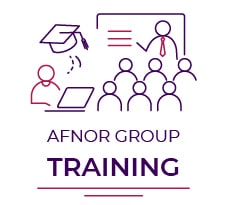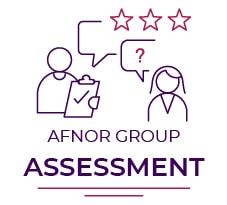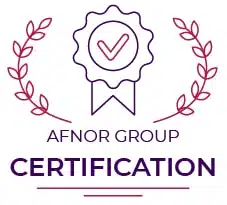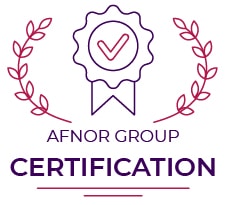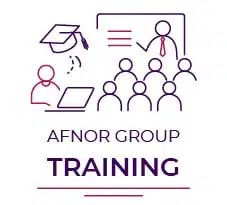Cette formation présente les manuels FMEA, MSA, SPC et ce qu’ils apportent à la gestion de projet automobile. Au terme de la formation, vous serez en mesure de :
– utiliser la matière des manuels APQP.2, PPAP, FMEA.4, MSA et SPC en gestion de projet automobile
– savoir comment et quand utiliser les manuels
– utiliser les principaux concepts et outils de ces manuels
– améliorer la conduite des audits relatifs pour projeter des fichiers.
- Une pédagogie ludique et variée pour se familiariser avec les principales notions des différents manuels
- Activités en sous-groupes favorisant la discussion
- Des récapitulatifs réguliers pour mettre en évidence les points clés des manuels et montrer les liens et l’enchaînement entre chacun des manuels
- Quiz pour valider les connaissances acquises
Dans l’industrie automobile : Dirigeants, responsables qualité et chefs de projet/responsables système qualité.
Il n’y a pas de prérequis pour cette formation.
DÉROULEMENT ET CONTENU DE LA FORMATION
Se familiariser avec l’APQP et le PPAP
- Les 5 phases de l’APQP.2
- Définition du projet et risques
- Conception et vérification du produit (ingénierie concurrente et 1ers éléments du PPAP) et du process (préparation des moyens et mise à jour du PPAP)
- Qualification produit/process : Création du PPAP et acceptation par le client
- Analyse des retours d’expérience et actions d’amélioration
- Gestion APQP.2 : Reporting, revues de projets
- Caractéristiques spéciales
Découvrir l’AMDE produit et l’AMDE processus
- Données d’entrée et de sortie, devis, liens avec des caractéristiques particulières, planification dans APQP.2
- AMDE.4 points clés et faiblesses
Comprendre MSA (analyse du système de mesure)
- Variations du système de mesure : analyse des causes, quantification
- Application pratique avec des pieds à coulisse
- Etudes R&R : résultats, planification
- Points clés et faiblesses
Comprendre le SPC (contrôle statistique des processus)
- Vérifications des produits et contrôle des processus
- Notions de base : Histogramme, normalité, causes assignables et aléatoires
- Initiative de mise en œuvre de la CPS
- Carte de contrôle, calcul des limites et plan de réaction
- Calcul des capacités Cp, Cpk et calculs des performances Pp, Ppk
- Planification, points clés et points faibles
POURQUOI CHOISIR LE GROUPE AFNOR ?
Nous nous engageons à vous accompagner dans la réussite de votre formation.
- 40 ans d’expérience dans la formation
- 12 centres de formation dans le monde
- Une large gamme de formations e-learning
- 10 000 étudiants par an
- Formations certifiées (ICA, IRCA, …)
- 40 bureaux dans le monde
